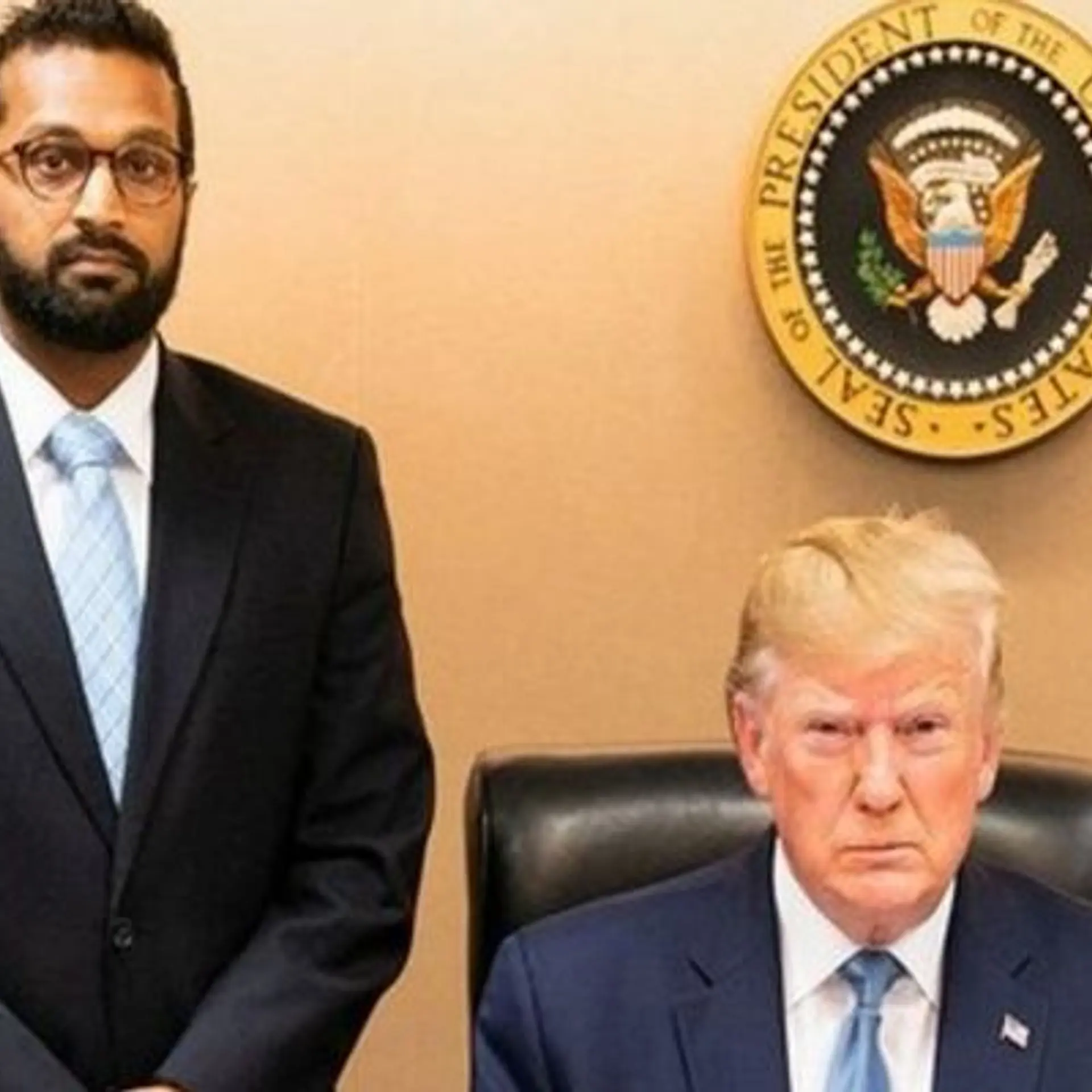31 state benches of GST appellate tribunal to be set up across states and UTs: Finance Ministry
The ministry said that the move will pave the way for early resolution of over 14,000 cases of disputed tax demands. It will help businesses by way of faster dispute resolution.
The Finance Ministry has notified 31 benches of GST Appellate Tribunal (GSTAT) which will be set up in all states and Union Territories, a move which will pave the way for early resolution of over 14,000 cases of disputed tax demands.
Currently, taxpayers aggrieved with the ruling of tax authorities are required to move to the respective High Courts. The resolution process takes a long time as High Courts are already burdened with a backlog of cases and do not have a specialised bench to deal with GST cases.
As per data shared by Minister of State for Finance Pankaj Chaudhary in Lok Sabha last month, the number of appeals against tax demand raised by Central GST authorities has gone up to 14,227 by June-end, from 5,499 as of March 2021.
Setting up of state-level benches of GSTAT would help businesses by way of faster dispute resolution.
As per the notification, Gujarat and UTs, Dadra and Nagar Haveli, and Daman and Diu, will have two benches of the GSTAT; Goa and Maharashtra together will have three benches.
Karnataka and Rajasthan will have two benches each, while Uttar Pradesh will have three benches.
West Bengal, Sikkim, Andaman and Nicobar Islands; and Tamil Nadu and Puducherry will together have two GSTAT benches each, while Kerala and Lakshadweep will have one bench.
The seven north-east states, Arunachal Pradesh, Assam, Manipur, Meghalaya, Mizoram, Nagaland, and Tripura, will have one bench.
All other states will have one bench of the GSTAT.
AMRG & Associates Senior Partner Rajat Mohan said GST tribunals are essential for resolving tax matters due to their importance in providing an impartial, expert, and efficient forum for addressing tax disputes. They play a crucial role in ensuring fairness, accountability, and the rule of law in tax administration.
In the first phase, the government notified 31 tribunals that would be formed in all major cities of the country.
"Now, the next phase of identifying suitable locations for tribunals, appointing qualified members, and providing necessary infrastructure and resources would begin," Mohan said.
Industry chamber CII DG Chandrajit Banerjee said in the absence of these tribunals, businesses had to approach the High Courts, which, in general, proved to be a long-drawn process and costly affair, while also adding pressure on already overburdened High Courts.
"This move, by way of ensuring speedier and economic resolution of cases by dedicated and specialized GSTATs, will help in bolstering business sentiments and ease of doing business in the country," Banerjee said.
Edited by Akanksha Sarma







